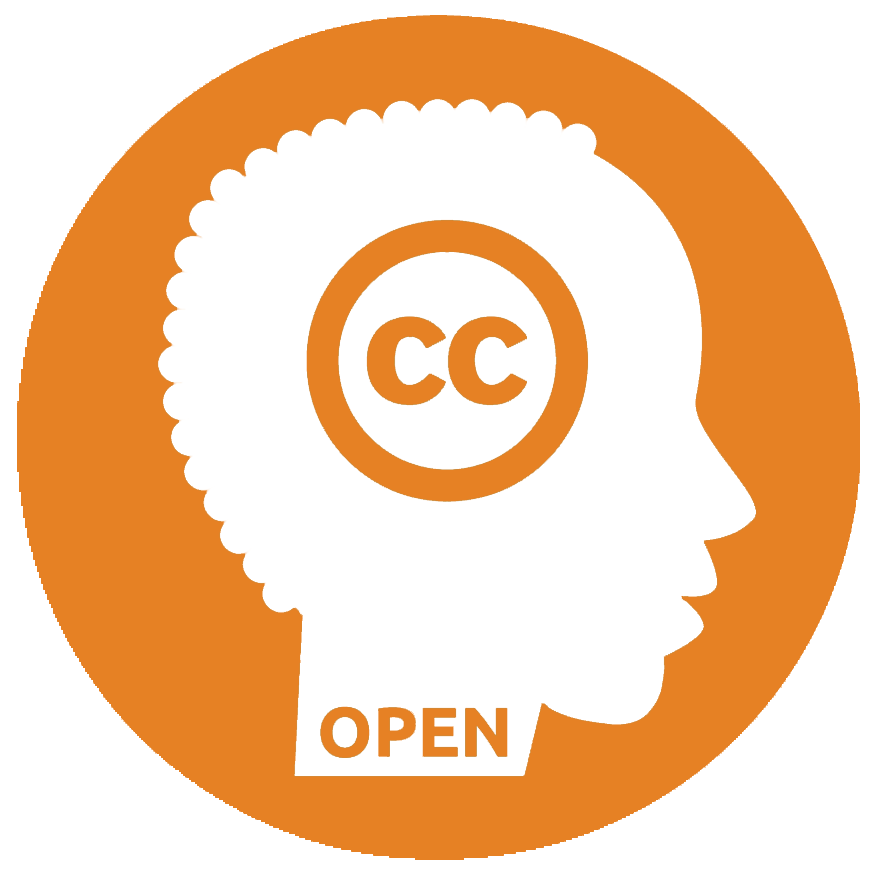Your search
Results 4 resources
-
The technological developments of the twenty-first century have enabled the emergence of alternative teaching-learning models and instructional tools. One of the concepts brought about by such developments is mobile learning. The aim of this study was to test the effect of mobile learning on students’ mathematics achievement. A systematic database search that included the Academic Search Complete, Education Resources Information Center (ERIC), EBSCO, JSTOR, ScienceDirect, Taylor & Francis...
-
This meta-analysis extended the current literature regarding the effects of computer technology (CT) on mathematics achievement, with a particular focus on low-performing students. A total of 45 independent effect sizes extracted from 31 empirical studies based on a total of 2,044 low-performing students in K-12 classrooms were included in this meta-analysis. Consistent with previous reviews, this study suggested a statistically significant and positive effect of CT ([Formula: see...
-
Dynamic geometry software (DGS) aims to enhance mathematics education. This systematic review and meta-analysis evaluated the quasi-experimental studies on the effectiveness of DGS-based instruction in improving students’ mathematical achievement. Research articles published between 1990 and 2013 were identified from major databases according to a prespecified search strategy and selection criteria. A meta-analysis was conducted based on the random-effects model to evaluate the effectiveness...
-
The present review examines research on the effects of educational technology applications on mathematics achievement in K-12 classrooms. Unlike previous reviews, this review applies consistent inclusion standards to focus on studies that met high methodological standards. In addition, methodological and substantive features of the studies are investigated to examine the relationship between educational technology applications and study features. A total of 74 qualified studies were included...
Explore
Outcome measure
- Learning (3)
Instructional domain (subject)
Education Level and Type
- ECE 0-7 (1)
- High school 16-18 (1)
- K-12 (3)
- Middle school (1)
- Primary 7-10 (2)
- Secondary 11-16 (1)
- Tertiary (1)
Groups of students
Moderating variables
Tech Hardware
- Computer (2)
- Mobile/Smartphone (1)
Tech Software
- Augmented Reality (1)
- Computer Algebra Systems (1)
- Computer-Assisted Instruction (CAI) (2)
- Dynamic Geometry Software (1)
- General apps (2)
- Intelligent Tutoring (1)
- LMS (1)
- Tutorials (1)
Tech mechanism
Learning Approach
Teacher Pedagogy
- _No mention (1)
- Collaboration (1)
- Feedback (1)
- Game-based learning (1)
Research methods
Effect size/ heterogeneity
HIC/LMIC
Quality of research
- High: 6+ (3)
- Medium: 4 or above (1)
Geography if specific
- _no mention (1)
- Mixture (1)

